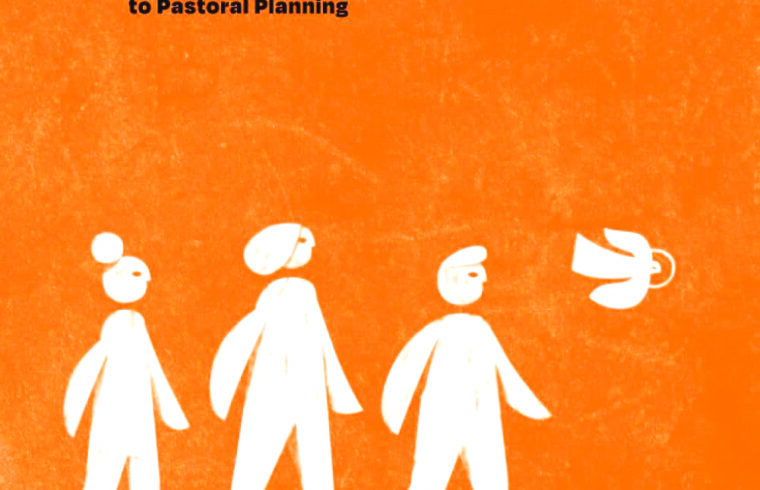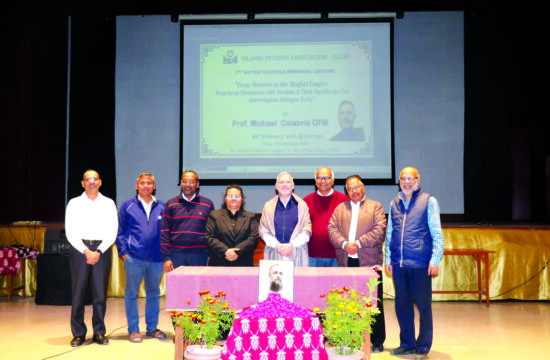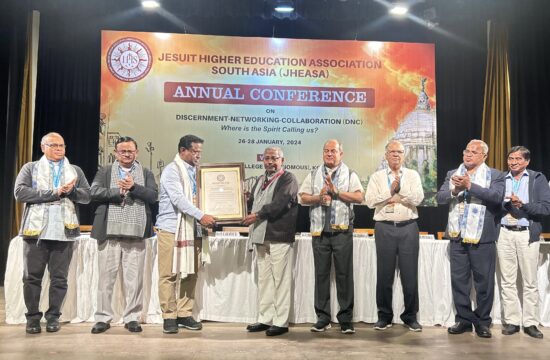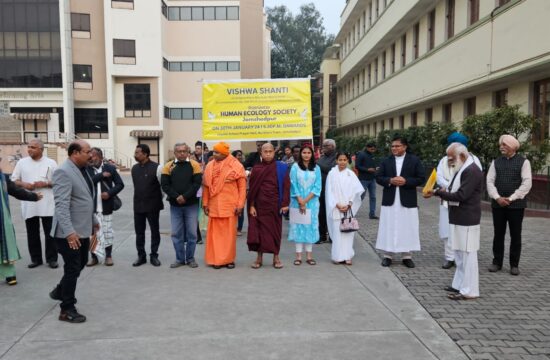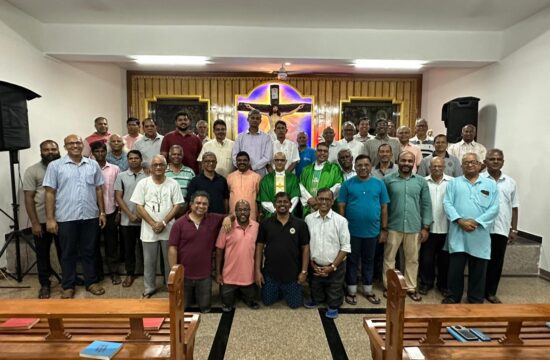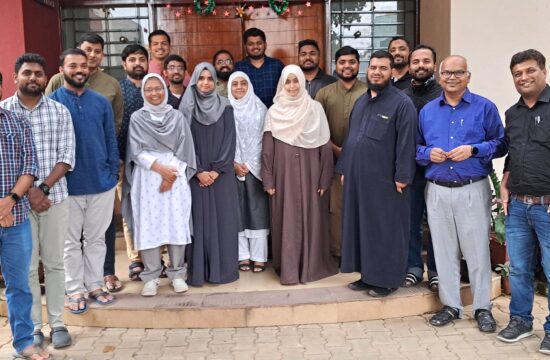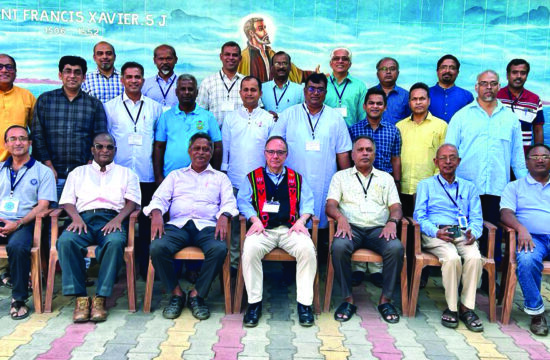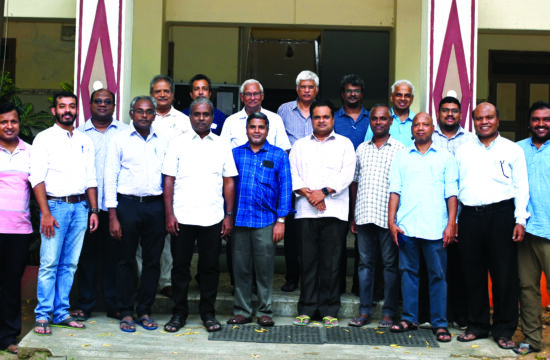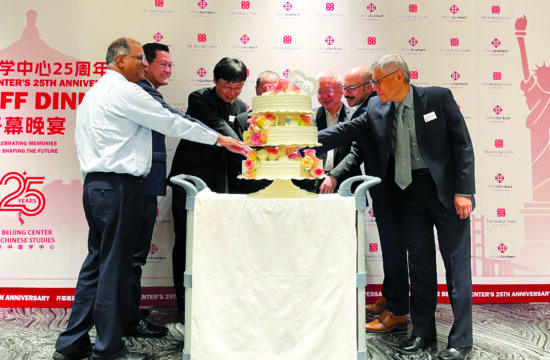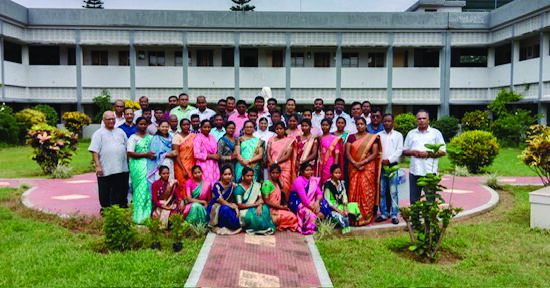The Office of Discernment and Apostolic Planning of the Society of Jesus has published a new book on pastoral planning authored by Dr Christina Kheng, a Singaporean laywoman and planning consultant of the Jesuit Conference of Asia Pacific.
Titled “Welcoming the Spirit: A Communal Approach to Pastoral Planning”, the book was launched on 6 December ’23 as part of the Society of Jesus’ apostolic planning conference. It integrates planning and communal discernment, offering a practical guide for communities and organisations to become more effective collaborators in God’s mission.
Dr Kheng, who teaches theology and pastoral leadership at various institutions, including the East Asian Pastoral Institute in Manila, says that the book is an invitation to view pastoral planning not as a mere task to be hastily accomplished but as an integral part of a collective journey towards openness, synodality, unity, and discernment.
“I hope this book will help many communities to experience a journey of spiritual and apostolic renewal,” she says, stressing that the work goes beyond the mere creation of a strategic plan. “It’s also about building up the community through the process and fostering a synodal culture.”
Dr Kheng has extensive experience in communal discernment and leadership accompaniment for a wide range of organisations in the Ignatian tradition, as well as for dioceses, parishes, and religious congregations. She has served as a member of the Methodology Commission and various task forces of the General Secretariat of the Synod at the Vatican, particularly in relation to the Synod on synodality.
Welcoming the Spirit is structured into two parts. The first part lays the theological foundations for planning, offering readers a crucial orientation on why planning is essential and how it aligns with a faith-based perspective. It aims to instill a mindful and meaningful approach to the planning process, providing material that can be used for preparatory reading or in planning retreats. Various quotations from diverse sources are included to foster reflection and meditation.
The second part provides a suggested process for planning and offers a general framework that each particular organisation or community can adapt according to its own contexts and needs. All steps in the framework include templates and worksheets that can be used in the process. Some of the proposed exercises are rooted in the methodologies that have been refined over time through the contributions of Jesuits and mission partners.
Dr Kheng suggests that the readings, reflections, and activities contained in the book can extend beyond pastoral planning. They can be useful in orientation programmes, year-end reviews, community gatherings, and ongoing formation sessions. She hopes that the publication “will aid many communities and organisations to experience an invigorating renewal of their identity, charism, and vocation”.
In his foreword to the book, Fr General Arturo Sosa SJ underscores the indispensability of a communal discernment approach, asserting that the mission is undertaken not in isolation, but as a collective effort. He notes: “We need to discern together how God’s Spirit is moving. This calls for the participation of everyone and is an opportunity to exercise synodality, mutual listening, and building communion amidst diversity.”
He adds: “I am especially struck that this book is written by a layperson who has worked closely with the Society of Jesus and who has also been a professional in the organisational field. This is perhaps a sign that our charism and spirituality are taking root beyond traditional boundaries and brought into fruitful dialogue with contemporary disciplines so as to better serve the world today.”
Courtesy: Jesuits in Asia Pacific eNews


